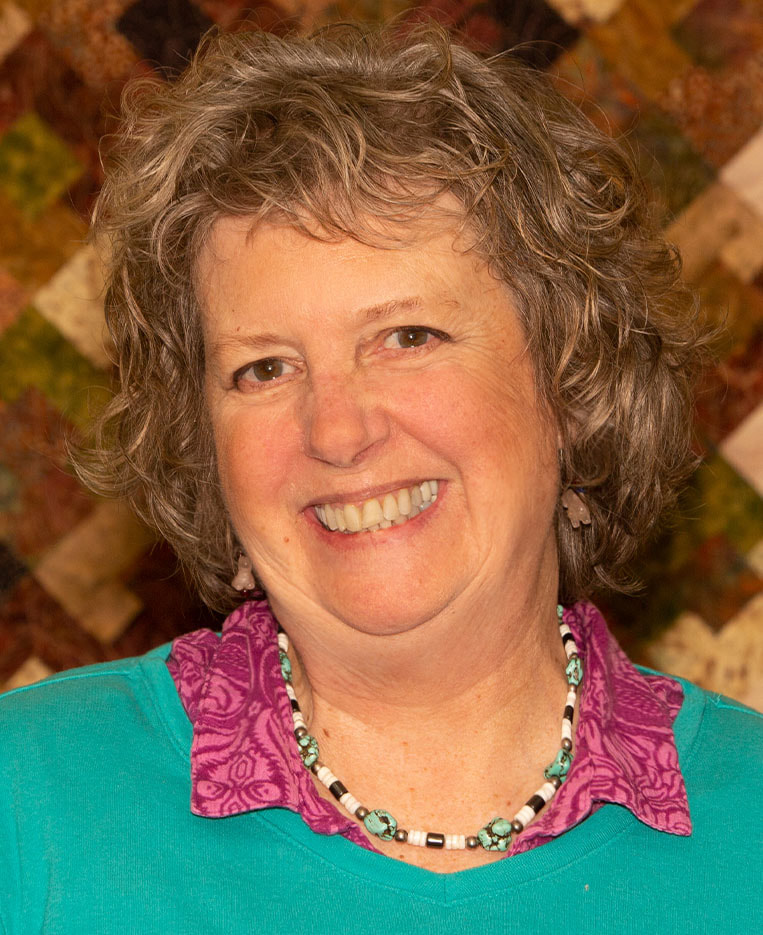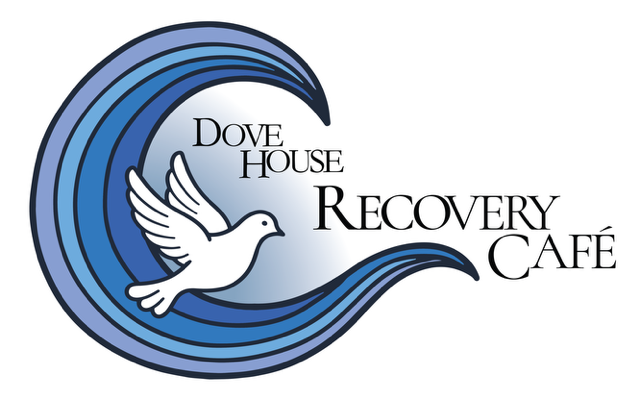|
by Kate Willette When young Kat joined the Coast Guard in 1980, she was following a well-traveled path. Like millions of others, she had multiple motives for going into the service. First, she was looking forward to a long career, one that would involve leadership and responsibility. But also, she’d already developed a problem with alcohol, and she saw the military as an organization where she could learn discipline and clean up her life. She was prepared to step up, work hard, and make her way. What happened instead was brutal.
She laughed that off, too.
Kat describes a textbook case of rampant sexual harassment, in which her gender drove abuse that fell short of physical assault but nevertheless defined her work life.
Her Commander knew what was going on, but he also knew that if Kat chose to make it an issue or press charges, that decision would only make things worse for her.
When Kat arrived in Port Townsend, she had already been in recovery for more than a quarter of a century. She’d had the good fortune to work with skilled therapists, but there was still a problem.
For obvious reasons, Kat is alive to the presence of veterans as a special and underserved population in the world of recovery, deeply deserving of the best and most creative care but rarely able to find it, and often unwilling to access it when they do. She explains that for them, there are unique obstacles.
One of the issues that troubles Kat--who sees herself as lucky to have had access to good therapy and various approaches to healing--is that these things are expensive and not available to everyone. When she read a Port Townsend newspaper article about the Recovery Café, she saw a possibility that the Café’s open, community-supported model could be an opportunity for her to work with other veterans. It didn’t take long for that hope to become a reality.
That meeting was a revelation about the real and pressing need for what Kat had in mind, but it was also important personally, because it was in that sessions that she understood she still had work of her own to do. This is the ordinary secret of recovery circles: there’s always more healing available. Every one of us has work to do.
Kat has big plans for what comes next.
Asked for some language to describe her vision of the Café in the future, here is what she says:
Comments are closed.
|
Categories
All
Archives
June 2024
|


